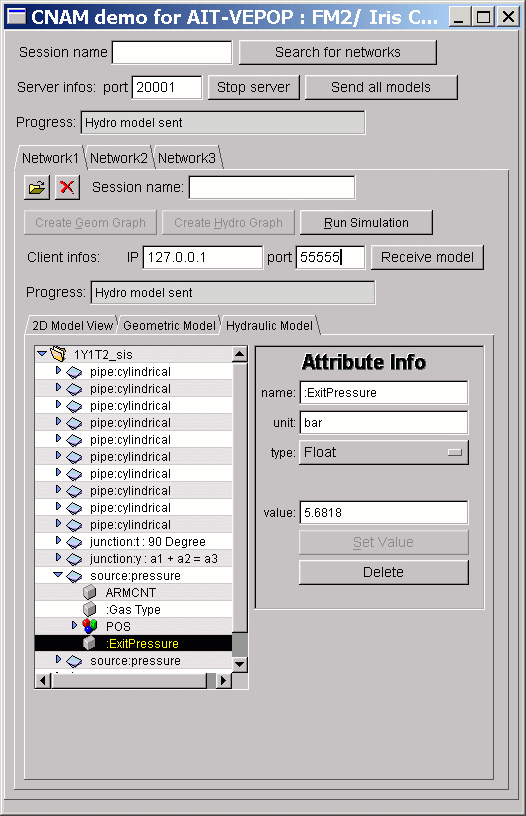
Christian Toinard
ComRTI, SUDP and DBSM
Source Forge Link
 Christian Toinard |
ComRTI, SUDP and DBSMSource Forge Link |
 |
ComRTI |

|
CoSimul |
 |
SUDP |
DBSM |
 |
| Thanks to François Chenais for his help on CVS and Web site support. |  |